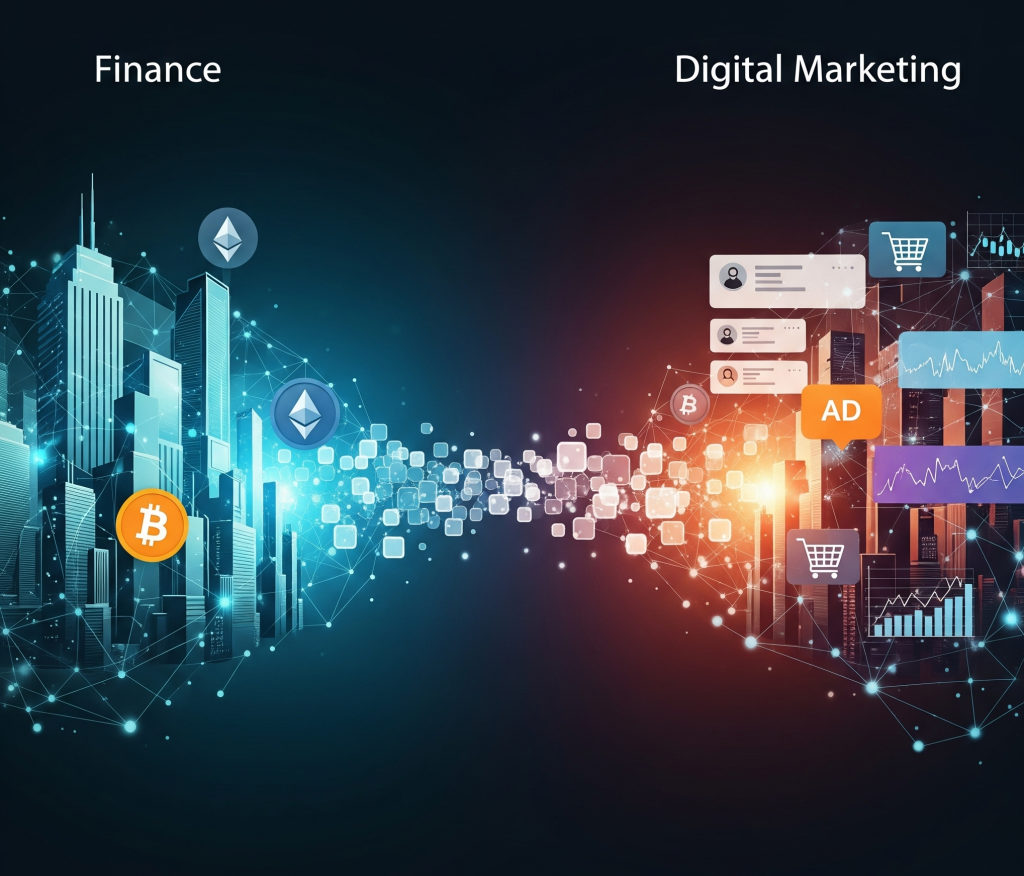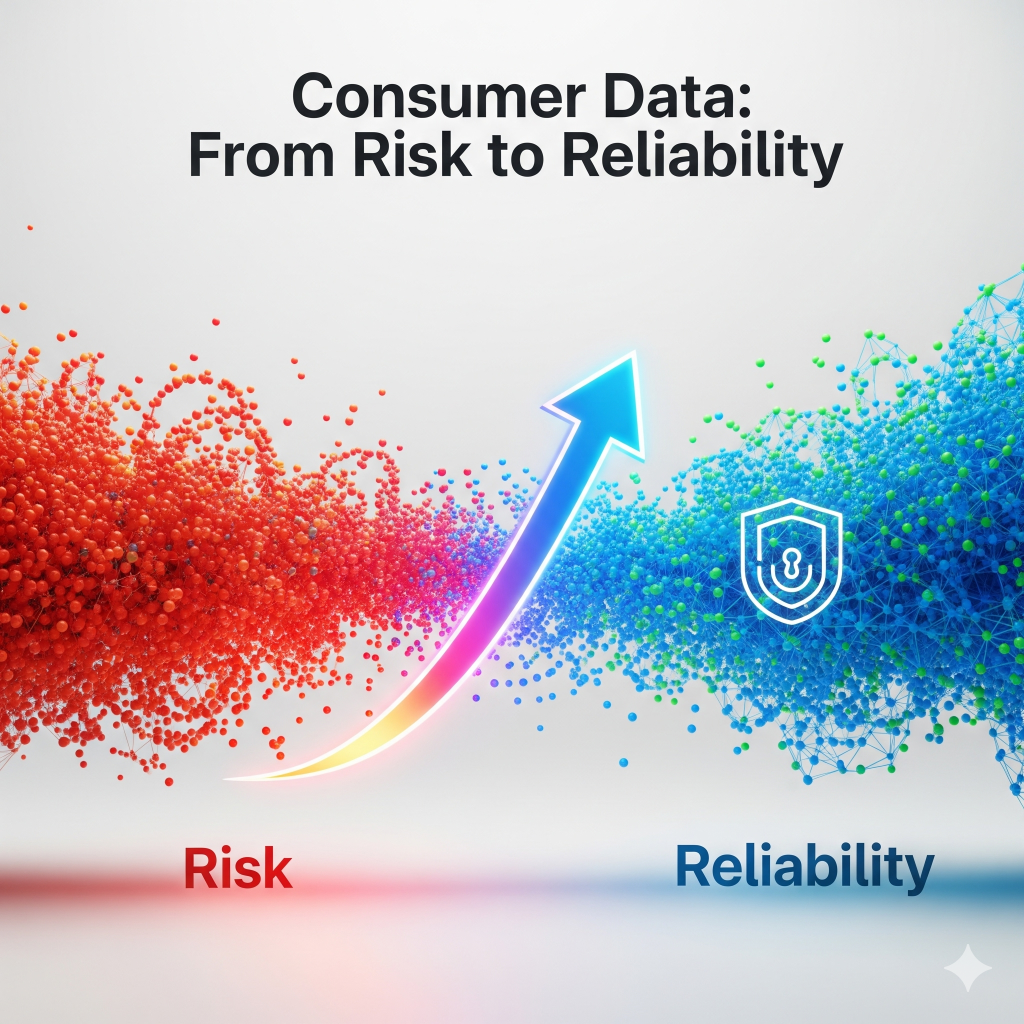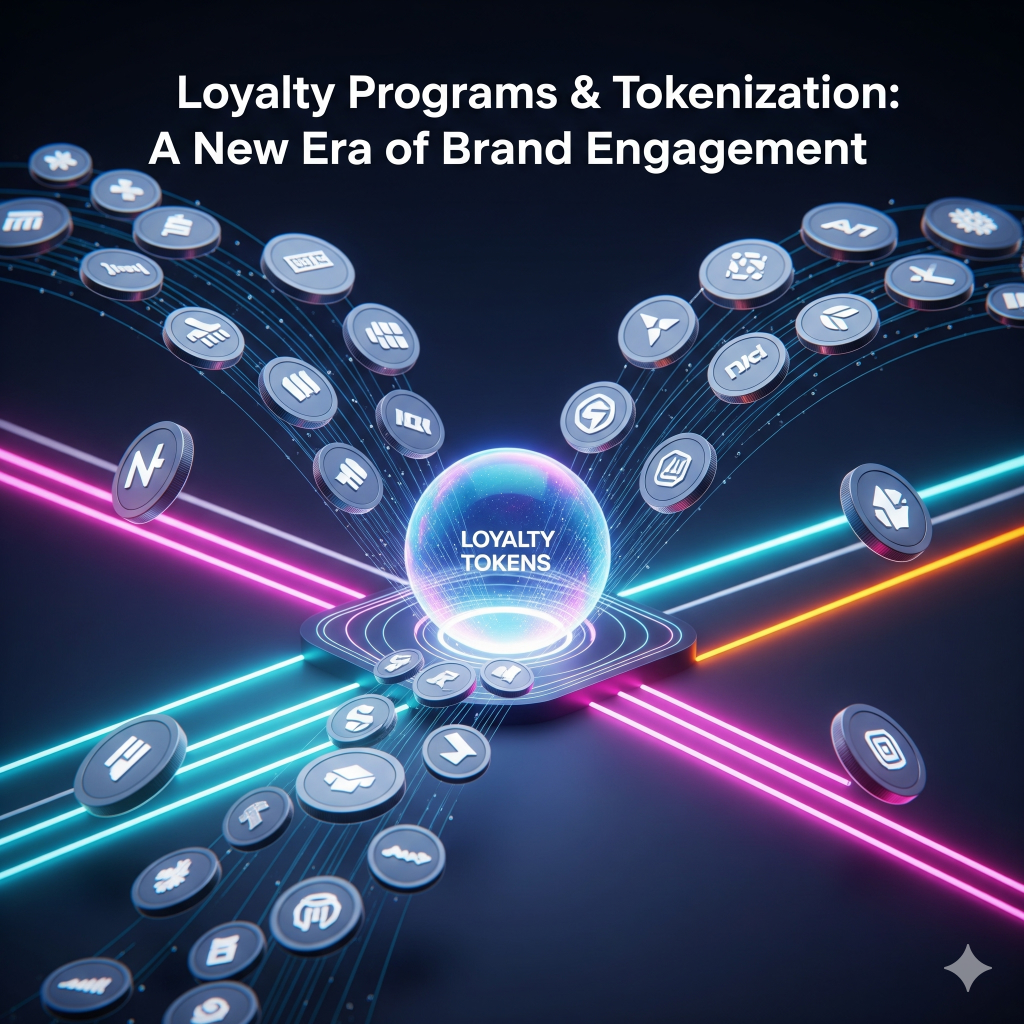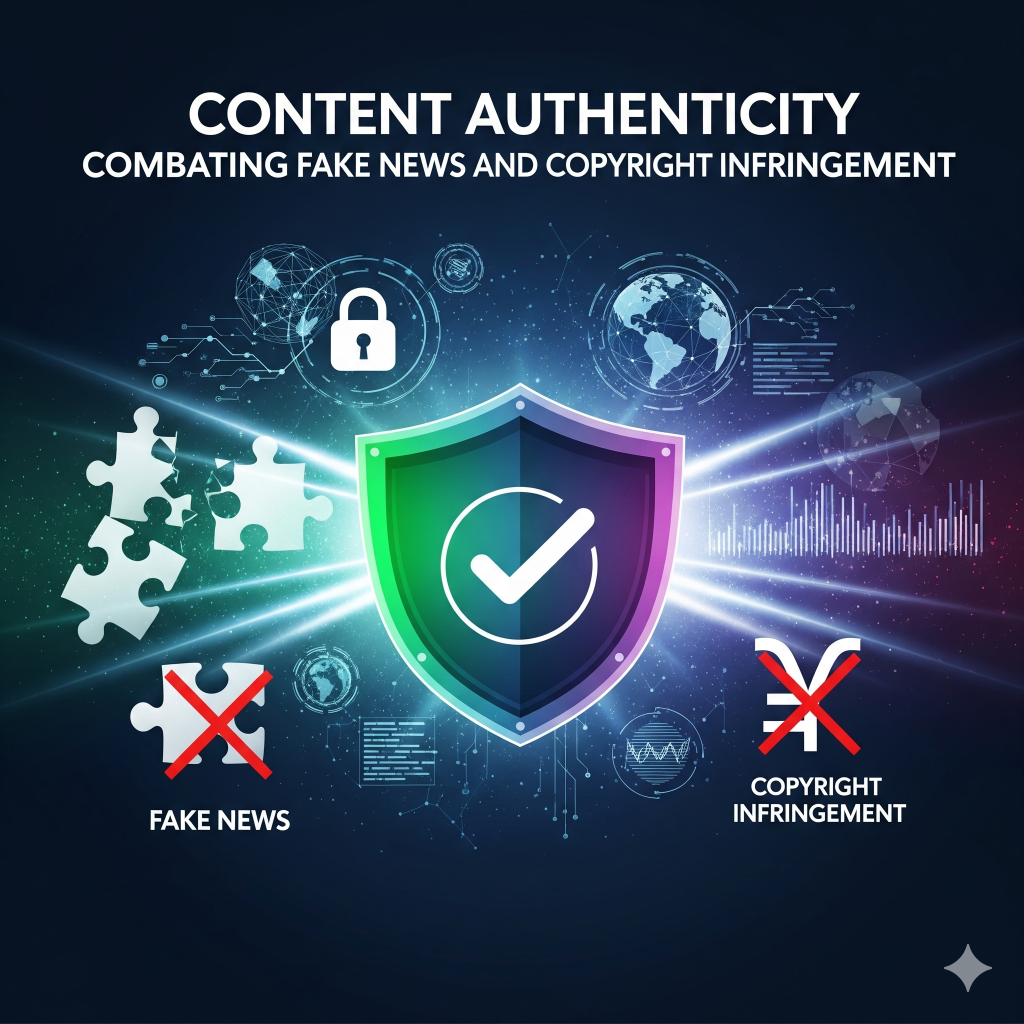Over the past decade, the digital world has evolved rapidly. Online marketing has become the core of every business—whether for local brands or multinational corporations. Yet alongside vast opportunities come pressing challenges: a lack of transparency, security, and trust.
Blockchain, best known as the technology behind cryptocurrencies, is now being adopted in Digital Marketing to set a new standard. It goes beyond precise advertising to build trust among brands, consumers, and business partners.
From Finance to Digital Marketing: Blockchain’s Expansion

Blockchain is not new in the financial sector, but its application in Digital Marketing marks a crucial step forward. Its unique features include:
- Decentralization: No single party controls the data, increasing credibility.
- Immutability: Every transaction and record is permanent, preventing fraud.
- Transparency: All stakeholders can verify data at any time.
- Security: Advanced encryption reduces the risk of data breaches.
Applied to marketing campaigns, Blockchain makes every stage of communication and digital transactions more transparent.
A Revolution in Online Advertising: Ending Ad Fraud

One of the biggest challenges marketers face is Ad Fraud—such as click fraud, inflated impressions, or bot-generated traffic. According to IAB, businesses lose billions of dollars annually to these issues.
Blockchain addresses this by recording and verifying advertising transactions in real-time, ensuring that:
- Brands know ad spend reaches real human audiences.
- Publishers operate transparently without falsifying statistics.
- Agencies provide verifiable reports instead of closed-system figures.
This builds unprecedented trust in the online advertising industry.
Consumer Data: From Risk to Reliability

With stricter data protection laws (e.g., GDPR, PDPA), consumers worry about unauthorized data use. Blockchain transforms data management by ensuring:
- Consumers can instantly grant or deny consent to share data.
- Every data access request is logged and auditable.
- Personal data is encrypted and distributed, reducing breach risks.
The result: brands not only comply with regulations but also build long-term trust with consumers.
Loyalty Programs & Tokenization: A New Era of Brand Engagement

Loyalty programs are nothing new, but Blockchain takes them to the next level through tokenization:
- Points can be converted into tokens with actual value across multiple platforms.
- Customers can buy, sell, or transfer tokens freely.
- Brands can issue NFTs for exclusivity—such as event tickets or unique perks unavailable elsewhere.
This transforms loyalty programs from mere marketing tools into digital ecosystems that consumers actively want to engage in.
Content Authenticity: Combating Fake News and Copyright Infringement

In the social media age, where content spreads rapidly, brands face challenges like fake news and plagiarism. Blockchain helps by:
- Verifying content ownership—from articles to images and videos.
- Creating digital certificates that are traceable.
- Preventing copyright violations while enhancing brand credibility.
This establishes a new standard in content marketing—not just attracting attention, but also proving authenticity.
Global Brands Using Blockchain Marketing

- Unilever tested Blockchain to track ad budgets and verify partner transparency.
- Nike launched CryptoKicks, NFT sneakers that confirm authenticity and connect to the Metaverse.
- Coca-Cola used NFT campaigns to engage younger consumers in digital markets.
These examples show Blockchain is not theoretical—it’s already being applied in global campaigns.
Challenges and Limitations

Despite its potential, adopting Blockchain in Digital Marketing faces challenges such as:
- High development costs and complexity.
- Consumer adoption hurdles, as tokens and NFTs are still unfamiliar.
- Regulatory differences across countries.
However, brands that adapt quickly will gain a long-term competitive advantage.
A Transparent and Trustworthy Future

Blockchain is reshaping Digital Marketing at its core—not just making campaigns more effective, but setting new standards of transparency, security, and trust.
In the future, the most successful brands will not be those with the largest ad budgets, but those that consumers trust the most. Blockchain will be the key to reaching that goal.